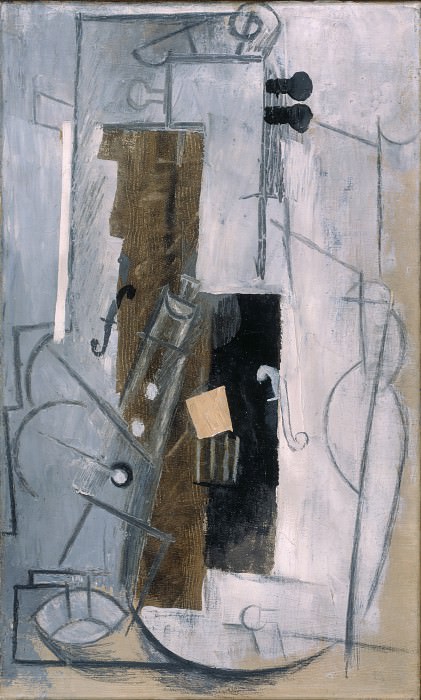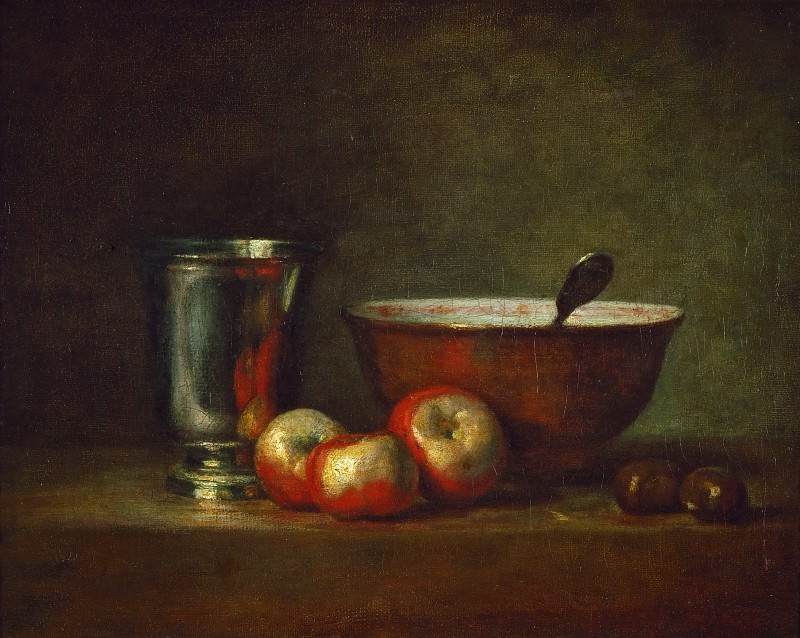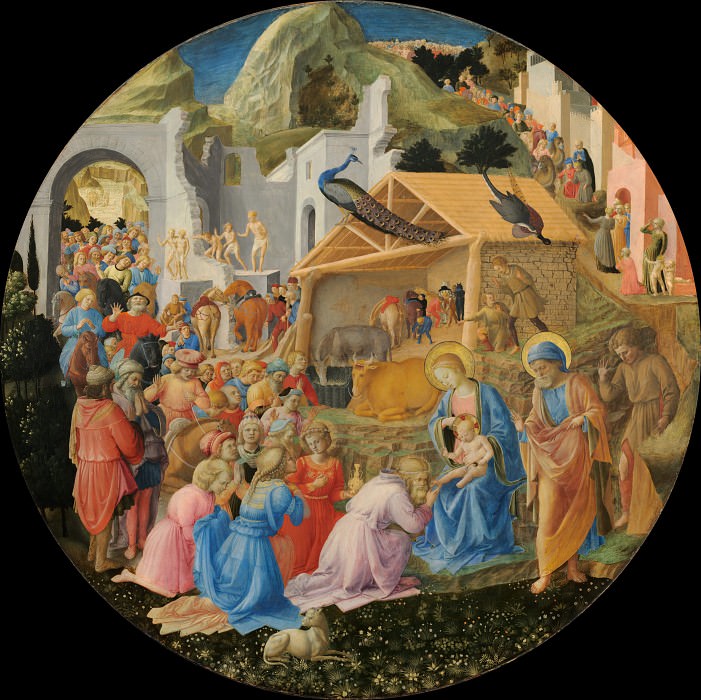Joan Mitchell: An Artistic Pioneer
Joan Mitchell, born in 1925 in Chicago, is a towering figure in the realm of abstract expressionism. Her work is distinguished by its vivid color, dynamic brushstrokes, and an emotive intensity that captivates viewers and critics alike. Over the decades, Mitchell’s art has left an indelible mark on the art world, redefining abstraction and infusing it with a raw, personal depth.
Early Life and Influences
Mitchell’s early years were marked by a rich cultural environment in Chicago, where she was exposed to the city's burgeoning art scene. Her formative education took place at the School of the Art Institute of Chicago, where she honed her technical skills and developed a profound appreciation for modernist movements. The influences of European abstract art, particularly the works of Wassily Kandinsky and Henri Matisse, resonated deeply with Mitchell, shaping her aesthetic sensibilities and conceptual approach.
In the 1950s, Mitchell’s move to New York positioned her at the heart of the abstract expressionist movement. Here, she encountered a community of artists, including Jackson Pollock, Willem de Kooning, and Mark Rothko. Their revolutionary approaches to painting, characterized by vigorous brushwork and a departure from representational art, profoundly impacted her own practice. However, Mitchell’s work soon began to diverge from her contemporaries, developing a unique voice that combined intense personal expression with a distinct visual language.
The Evolution of Style
Mitchell’s early works are characterized by their vibrant use of color and an exploration of form and composition. Her canvases from this period display a fascination with the interplay of light and shadow, and an interest in the gestural possibilities of paint. As her career progressed, Mitchell’s style evolved, becoming more abstract and dynamic. She embraced a larger scale and bolder color palettes, creating works that were both visually arresting and emotionally evocative.
In the 1960s and 1970s, Mitchell’s work became increasingly abstract, marked by complex layers of color and texture. She employed a vigorous, sweeping brushstroke that conveyed a sense of immediacy and emotional intensity. Her compositions often feature a tumultuous energy, with dynamic forms and explosive colors that seem to pulse with life. This period of her career was marked by a deepening engagement with the physicality of paint and the canvas, as well as a heightened focus on the emotional resonance of her work.
Themes and Motifs
Throughout her career, Mitchell’s work remained deeply personal and introspective. Her paintings are imbued with a sense of spontaneity and urgency, reflecting her inner emotional landscape and the tumultuous nature of human experience. Common themes in her work include the exploration of nature, the passage of time, and the complexities of personal identity.
Mitchell’s abstract landscapes are particularly notable for their vivid, painterly qualities. Her use of color and texture often evokes the natural world, capturing the essence of landscapes without representing them literally. This approach allows viewers to experience a profound connection with the natural world through the emotional and sensory impact of her art.
Another recurring motif in Mitchell’s work is the exploration of the passage of time. Her canvases often convey a sense of movement and flux, reflecting the constant evolution of her artistic vision and the shifting nature of human experience. This temporal quality is enhanced by her use of layered brushstrokes and dynamic compositions, which create a sense of depth and complexity.
Legacy and Impact
Joan Mitchell’s impact on the art world extends far beyond her lifetime. Her work has been the subject of numerous exhibitions and retrospectives, showcasing her significant contributions to abstract expressionism and modern art. Mitchell’s innovative approach to painting has inspired generations of artists, and her legacy continues to influence contemporary art practices.
Mitchell’s art is celebrated for its emotional intensity and its ability to convey complex, often ineffable experiences. Her commitment to exploring the boundaries of abstraction and her fearless engagement with color and form have cemented her status as a pioneering figure in the art world.
In addition to her artistic achievements, Mitchell’s role as a trailblazer for women in the art world has been widely recognized. Her success in a predominantly male-dominated field has paved the way for future generations of female artists, and her work remains an important touchstone in discussions about gender and representation in art.
Joan Mitchell’s Art in Context
To fully appreciate Joan Mitchell’s work, it is essential to consider the broader context of her career. Her artistic development was deeply intertwined with the shifting dynamics of the art world, as well as with the broader cultural and political changes of her time.
Mitchell’s work emerged during a period of intense experimentation and innovation in the art world. The abstract expressionist movement, with its emphasis on personal expression and spontaneous creativity, provided a fertile ground for Mitchell’s artistic explorations. Her unique approach to abstraction, characterized by its vibrant color and dynamic composition, distinguished her from her peers and established her as a leading figure in the movement.
In the 1960s and 1970s, as the art world continued to evolve, Mitchell’s work remained a powerful expression of personal and emotional experience. Her commitment to pushing the boundaries of abstraction and her willingness to embrace new techniques and materials kept her work at the forefront of contemporary art practice.
The Legacy of Joan Mitchell’s Art
Joan Mitchell’s art remains a powerful testament to her vision and creativity. Her work continues to be celebrated for its emotional depth, its innovative use of color and form, and its profound impact on the development of abstract expressionism. Through her paintings, Mitchell has left an enduring legacy that continues to resonate with viewers and inspire artists around the world.
In recent years, there has been a renewed interest in Mitchell’s work, with major exhibitions and retrospectives showcasing her contributions to modern art. These events have highlighted the ongoing relevance of her art and have brought new attention to her innovative approach to abstraction.
Mitchell’s influence extends beyond the confines of the art world, as her work continues to inspire and engage audiences across a range of disciplines. Her commitment to exploring the boundaries of artistic expression and her fearless engagement with the complexities of human experience have cemented her status as a pioneering and influential artist.
In conclusion, Joan Mitchell’s art represents a significant and transformative contribution to the world of modern art. Her innovative approach to abstraction, her emotional intensity, and her commitment to exploring the boundaries of artistic expression have established her as one of the most important artists of the 20th century. Her legacy continues to inspire and captivate audiences, ensuring that her work remains a vital and influential part of the artistic landscape.

















